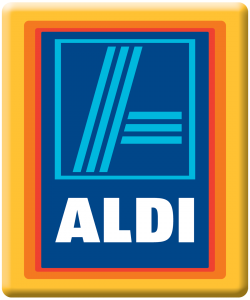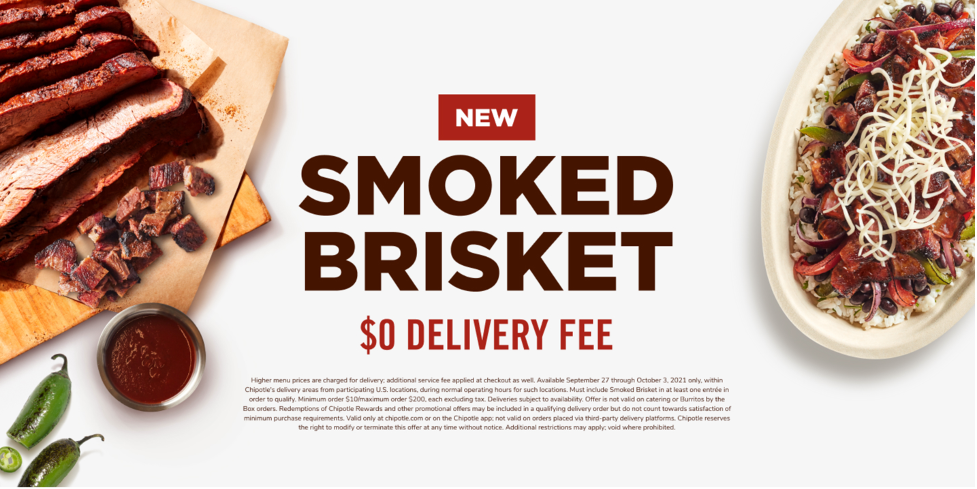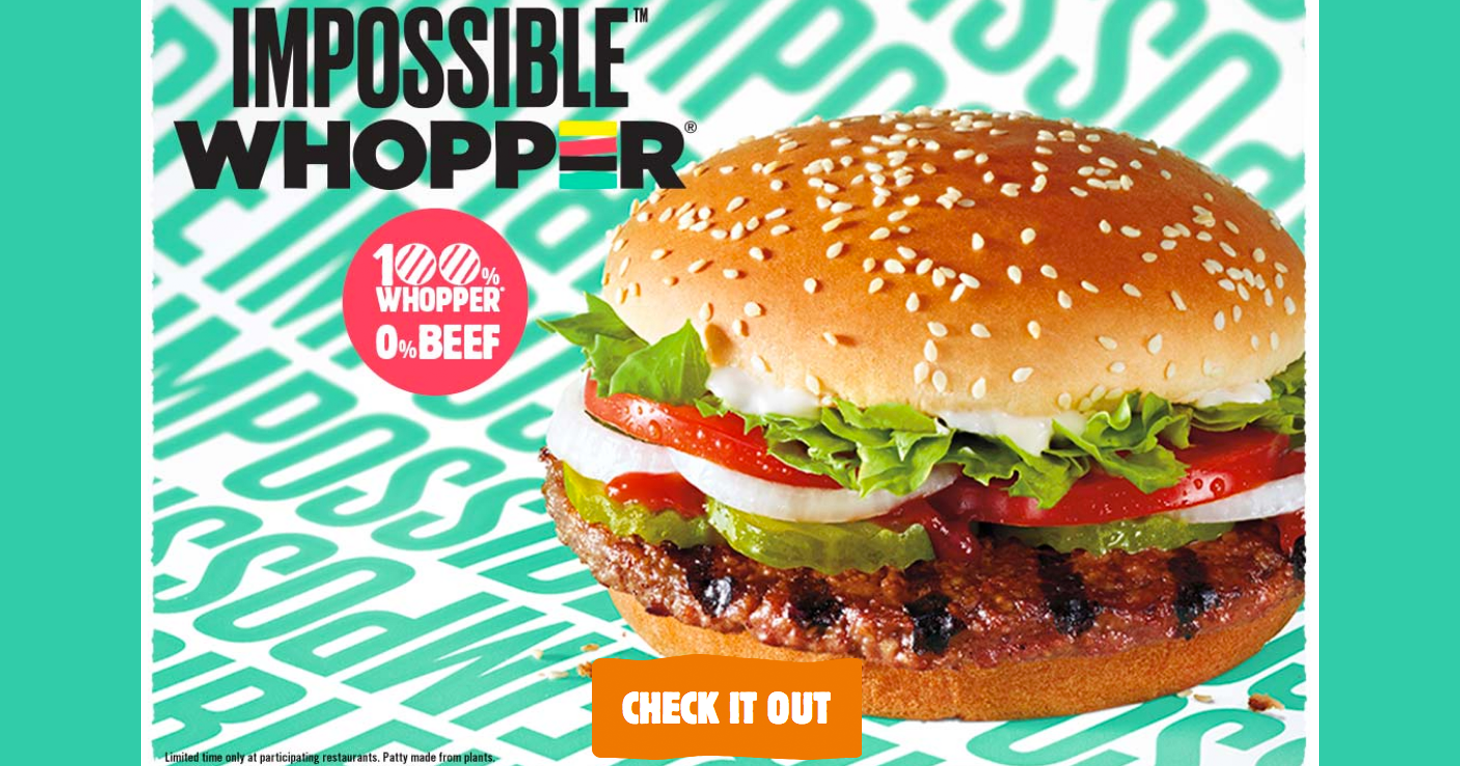
Crowd Cow’s ‘$100 of Free Meat’
As a TINA.org reader put it, it’s only “free” if you first spend money.
 ALDI claimed that consumers could cut their bills in half simply by switching their grocery shopping to its supermarkets. Said one print ad:
ALDI claimed that consumers could cut their bills in half simply by switching their grocery shopping to its supermarkets. Said one print ad:
The H-E-B, Kroger and Walmart receipt beatdown goes on and on and on … Save up to 50%* shopping at ALDI.
But the comparison method through which ALDI arrived at its 50-percent savings claim was akin to comparing two popular grocery items: apples and oranges, Texas-based competitor H-E-B argued in a recent ad challenge to The National Advertising Division (NAD) is the advertising industry’s self-regulatory body administered by the Council of Better Business Bureaus..
H-E-B contended that ALDI ignored the fact that the grocer has several of its own lower-priced brands:
[F]or most of the advertised products, H-E-B has not one but three competing private label brands that are priced similar to or better than ALDI’s private label brands.
Fine print in some but not all ads disclosed the methodology of comparing the prices of dozens of ALDI-branded products with those of brand name items at three H-E-B locations. Even if the methodology was sound, consumers only saved 50 percent on a quarter of the products.
After an inquiry, NAD concluded that disclosures related to the methodology were “vague and non-specific.” And in regard to the 50-percent savings claim, NAD found:
NAD determined that the evidence in the record failed to support the reasonable takeaway of the advertising, namely that consumers who shop at ALDI will always save up to 50 percent or more (or a significant dollar savings) by purchasing ALDI-brand products versus brand name products at H-E-B and competing grocers.
NAD recommended, among other things, that ALDI discontinue all of the challenged qualified savings claims. While ALDI said it would comply with NAD’s recommendations in future comparative advertising, the grocer is appealing sections of the decision involving YouTube and Facebook ads that were not a part of H-E-B’s initial complaint.
Find more of our coverage on grocery store savings claims here.
Our Ad Alerts are not just about false and deceptive marketing issues, but may also be about ads that, although not necessarily deceptive, should be viewed with caution. Ad Alerts can also be about single issues and may not include a comprehensive list of all marketing issues relating to the brand discussed.
As a TINA.org reader put it, it’s only “free” if you first spend money.
A “$0 Delivery Fee” doesn’t equal “free delivery.”
The blurred lines of Burger King’s grill lines.

